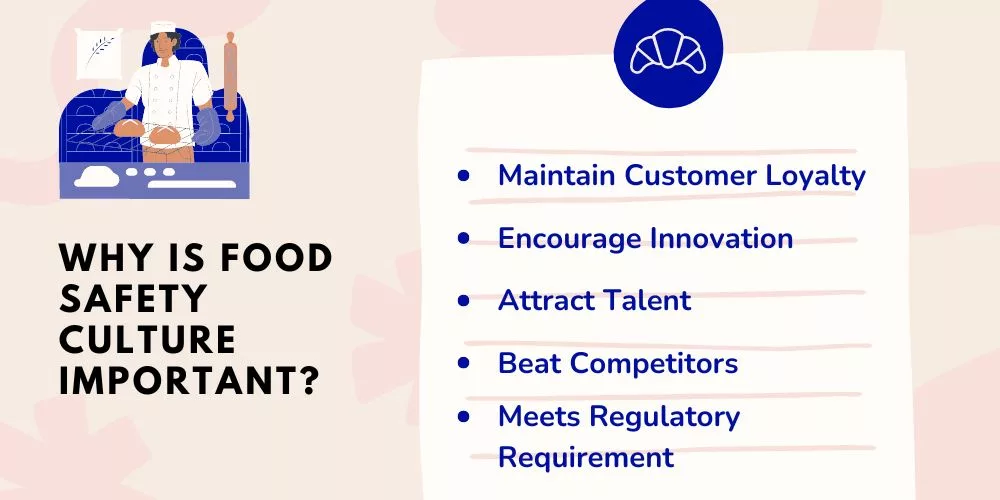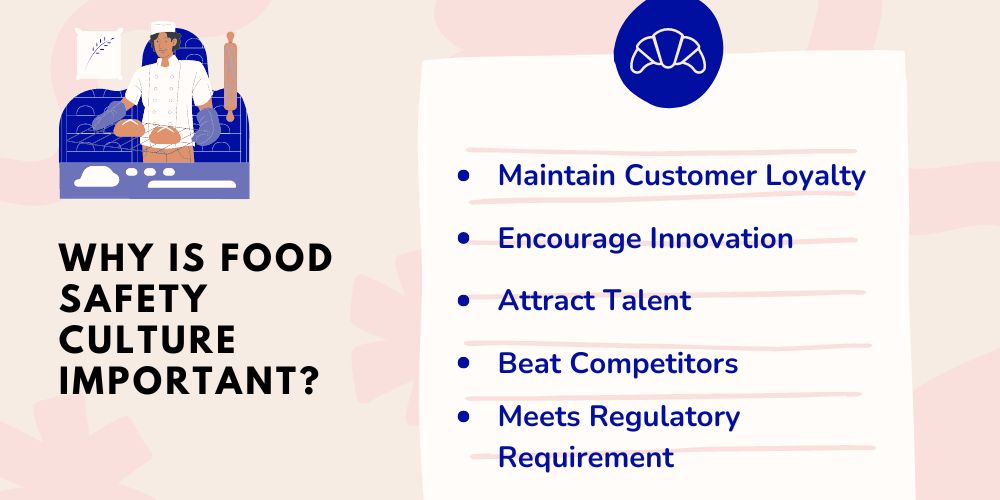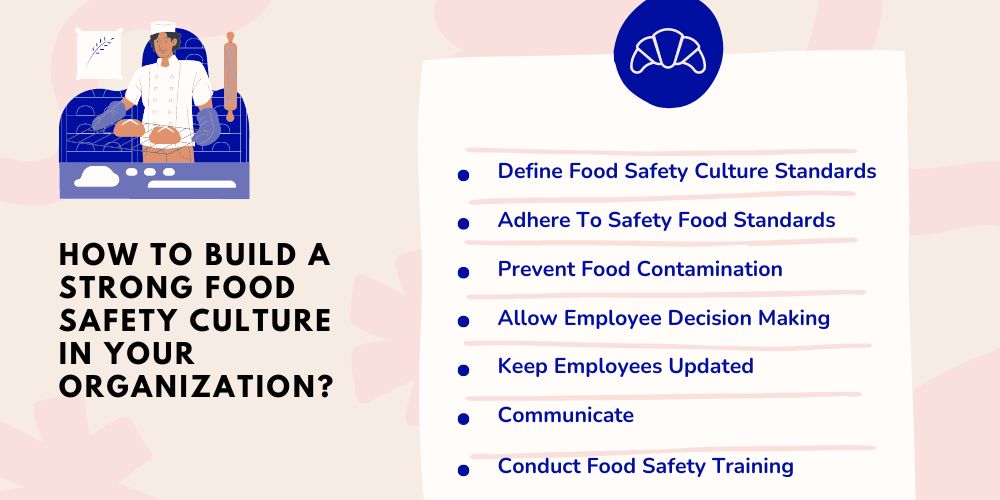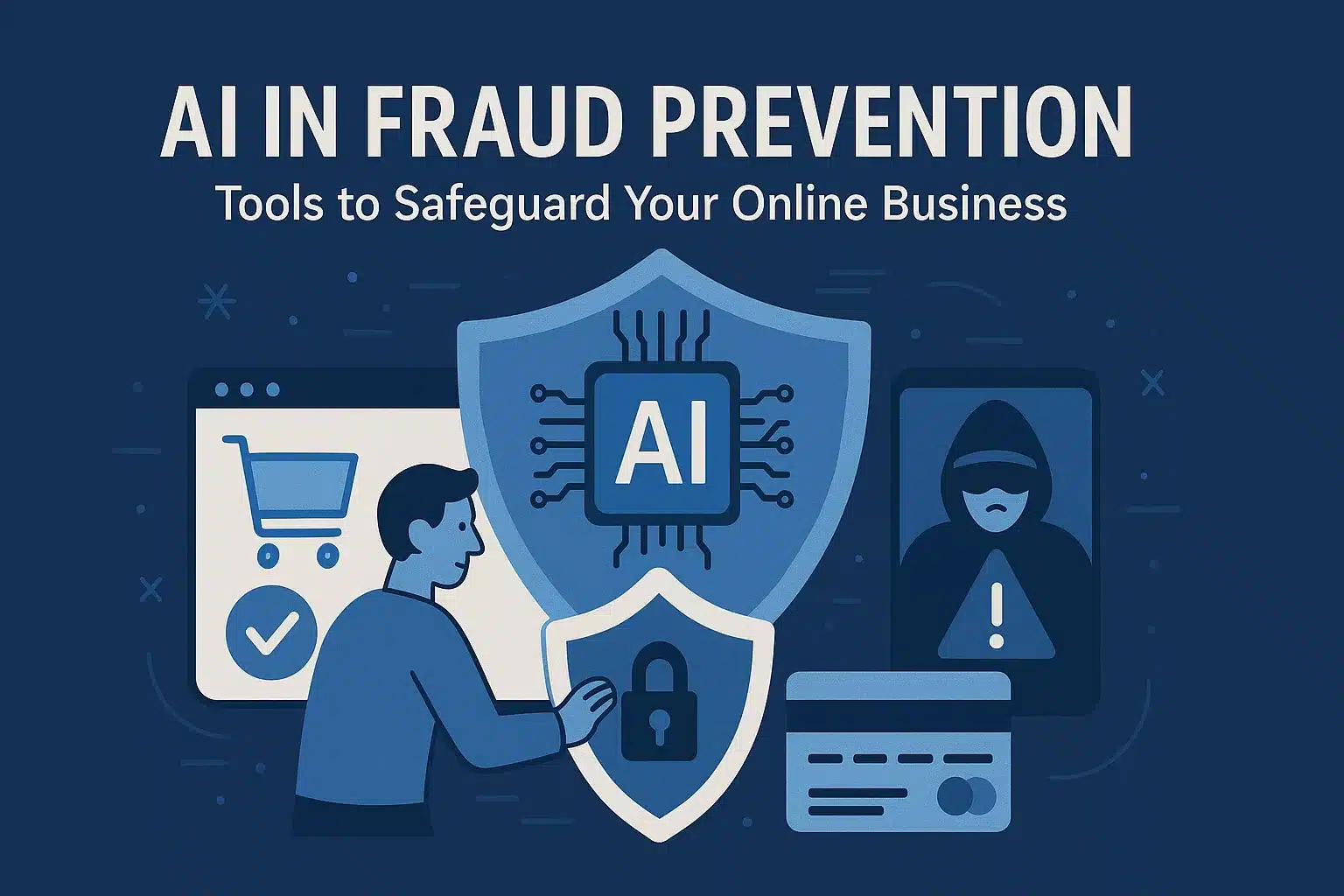Food Safety Culture: Why Food Safety is Crucial for Your Business
In the wake of the foodborne illness outbreak, we’ve seen a lot of commentary about how important it is to have a strong food culture in restaurants.
In this post, we’ll understand the importance of food in culture and why it is important.
Furthermore, we will also discuss how you can build a food safety culture in your business or workplace.
Food Protection: Manager’s Training Course
Why Is Food Safety Important?
When it comes to food safety, there’s no room for compromise. It’s the one aspect of our lives that we cannot afford to overlook or downplay. Why? Because the stakes are too high. Ensuring the safety of our food isn’t just a matter of preference—it’s a fundamental necessity for our well-being and survival.
From preventing potentially life-threatening illnesses to safeguarding public health, we cannot overstate the food safety importance. It’s the foundation upon which our trust in the food supply chain is built, reassuring us that what we consume is safe and wholesome.
Any lapse in food safety measures can have far-reaching consequences, from damaging reputations to incurring hefty economic costs.
Moreover, in an interconnected world where food is traded globally, maintaining stringent food safety standards is crucial for addressing emerging threats and ensuring everyone can access safe and nutritious food.
Food Protection: Manager’s Training Course
What Is Food Safety Culture?
The U.S. Food and Drug Administration (FDA) defines food safety culture as “the totality of conditions that determine how food is handled, processed, manufactured, distributed, sold, and used.”
In simpler terms, food safety culture is the sum of an organization’s attitudes, beliefs, and values toward food safety. It encompasses how employees perceive their role in ensuring food safety and the policies and procedures they work under.
A good food safety culture starts from the top with leadership that sets a strong example by following best practices in the workplace.
This guide aims to help you create an environment where everyone understands why following these guidelines is important.
Food Protection Manager Course (Training And Exam Bundle – In Person Exam)
Why Is Food Safety Culture Important?
There are many reasons why food safety is a top priority for consumers, regulators, and employees. A strong culture can help you:
Maintain Customer Loyalty
The food culture at your company is important for maintaining customer loyalty. Customers are more likely to buy from a business with a good food safety culture and are more likely to recommend your business to others.
Customers want to feel confident about the products they’re buying and eating. So if you have a bad reputation for quality control or poor handling procedures, it can cause them to lose trust.
Food Safety For Food Managers (Course)
Encourage Innovation
A shared commitment to food safety encourages innovation and is one of many businesses’ top priorities. A culture that supports innovation can lead to better processes, products, and services.
In addition, to improving food quality, it also improves customer service and loyalty by making customers feel more confident in your brand.
An innovative mindset can also help you attract top talent while boosting employee satisfaction. Furthermore, being open to new ideas can help you identify ways of reducing expenses and increasing revenue opportunities.
Food Safety: Establishing A Food Safety Culture (Course)
Attract Talent
The food safety industry is growing. More than 800,000 people are employed across the United States to ensure that safe food is produced. They also ensure that the food is kept that way until it reaches the customer’s table.
There are plenty of jobs for entry-level workers and higher-level positions for those who want to advance in their careers.
Beat Competitors
Following food safety regulations and industry best practices can set you apart from your competitors. It also demonstrates your commitment in the eyes of your customers.
Meets Regulatory Requirement
If you have a strong food safety culture, it will be easier to meet regulatory requirements. Furthermore, it will keep your business compliant with all laws related to food.
Save Thousands Of Dollars With Coggno Prime Subscription
What Are the Things To Consider While Building A Food Safety Culture?
Food safety is not only a business issue; it’s also a moral and legal issue. It’s both an employee issue and an environmental one.
When you create a strong food safety culture within your organization, here are some things to consider:
Foodborne illness can be costly for businesses—both in terms of lawsuits and lost revenue from negative publicity;
It’s not the responsibility of management—all employees have a role to play in creating this culture.
Food Safety: Establishing A Food Safety Culture (Course)
How To Change The Current Food Safety Culture In An Organization?
Understanding how to change your current food safety culture can be challenging. For example, the change requires buy-in from everyone within the company—from senior management to hourly employees.
Furthermore, they must understand why these changes are necessary. It will also help them understand how these changes can benefit the organization.
Project Management For Managers
Who Should Be Responsible For Building A Food Safety Culture?
Food safety culture is a shared responsibility, and everyone in an organization must involve themselves in building a food culture. This can include:
The food safety management team and business owners set the tone for acceptable behavior-based food safety. They ensure everyone understands their role in maintaining a food culture.
Employees at all levels have direct oversight of other employees’ work. Because everyone’s efforts are critical to maintaining a food culture, they must understand how their actions contribute to keeping it firm. Furthermore, how can they improve if they’re not performing up to standard?
Culture Of Safety Training 3.0 Course
How Do You Build A Strong Food Safety Culture In Your Organization?
Setting the tone from the top is an important first step to creating a safety culture. It is important that your company’s leaders set the tone for how the team must handle food safety issues.
The following are some ways you can set the tone for food safety at your company:
Food Safety: Food Delivery (Course)
Define Food Safety Culture Standards
Clearly define your company’s food standards and expectations. It will help ensure consistency across your company in:
- what training employees need to do their jobs;
- how to respond when someone brings up a safety concern, etc.
Adhere To Safety Food Standards
Ensure everyone understands the importance of adhering to your company’s food safety standards. In addition, it ensures that employees can perform their jobs without worrying about getting in trouble for not following proper procedures.
Prevent Food Contamination
Ensure that everyone understands their role in preventing food product contamination. Furthermore, they communicate concerns about product quality or handling.
Allow Employee Decision-making
Show confidence in your employees by allowing them to make decisions. Encourage feedback about processes so changes can be made as needed if issues arise later on down the line.
Keep Employees Updated
Keep employees up-to-date on food issues by providing training and education. It will ensure that everyone understands:
- how the company’s food standards are enforced;
- what constitutes a violation; and
- What steps need to be taken when an issue arises
Communicate
Communicate with customers about how your business handles food safety and hygiene issues. Furthermore, communicate regularly with all members about your commitment to food safety.
Conduct Food Safety Training
The training ensures that all employees know the company’s policies and procedures for handling food safely. Besides, it allows employees to ask questions and get answers about how they should handle different situations.
Food Safety For Food Handlers (Course)
How To Shape A Solid Food Safety Culture?
You don’t need to be a psychology wizard, but you must know how people think and feel. If you want your food culture to be solid, you must ensure everyone knows their duties, responsibilities, and consequences if they don’t follow regulations.
You also need to encourage open communication. Make employees comfortable about raising concerns about food issues.
It’s also important for managers and workers to know where they stand when following rules and procedures related to food and its safety.
Food Safety: Cleaning And Sanitizing (Course)
How Do You Know If Your Company Has A Good Food Culture?
By now, we know that food safety is a top priority. It’s also essential for consumers who want to feel safe about the products they buy and consume.
But how do you know if your company has a good food culture?
The best way to gauge whether your company is doing enough to protect customers against foodborne illness. You can conduct regular food safety audits on all employees’ knowledge of proper handling techniques.
It will help ensure everyone understands how to maintain a clean kitchen environment while preparing food.
Maximize Training, Minimize Costs With Coggno Prime
End Note
One of the most important things you can do as an entrepreneur is to create a food safety culture in your business. This means that everyone involved needs to be on board and understand how crucial it is for everyone’s well-being.
If you don’t have one, start by researching. You can also get help from Coggno’s training courses developed by professionals and experts!























